TORONTO: The Canadian Constitution Foundation (CCF) is releasing a document obtained through Freedom of Information legislation that outline specific details of police services misuse of a COVID-19 database.
“This document reveals a shocking misuse of personal health information by police,” said CCF Litigation Director, Christine Van Geyn. “Police were caught using the COVID-19 database to look up names unrelated to active calls, to do wholesale postal code searches for COVID-19 cases, and to even do broad based searches outside officers’ own cities. There is no rationale for this abuse. We have filed a complaint with the Ontario Privacy Commissioner for violations of the Personal Health Information Protection Act, and with the Ontario Independent Police Review Director for officer misconduct.”
In a letter addressed to “All Chiefs of Police”, an official at the Solicitor General’s Office laid out the results of an audit of the use of the COVID-19 database by officers. In the letter, the Solicitor General’s Office stated that “many searches of the portal do not appear to be consistent with the ministry’s instructions or the restrictions on the use of the information subject to O. Reg. 120/20 set out in the Emergency Management and Civil Protection Act.”
The letter goes on to say that the audit “raises concerns that the portal is being used beyond the express purpose that the government intends and the limited purpose that the Act permits. The Act provides that information subject to the emergency order must only be used to prevent, respond to or alleviate the effects of the COVID-19 emergency.”
The letter outlined the following ways that police services had misused the portal:
- “Conducting broad-based municipal searches without a specific address, including conducting broad-based searches using only postal codes. These types of municipal-wide searches have the potential to return a high number of responsive records. It is expected that authorized communications and dispatch personnel will only query the portal with other parameters in relation to an emergency call as opposed to searching an entire municipality.”
- “Conducting broad-based municipal searches of another municipality. It is unknown why a member would conduct a broad-based search of a municipality outside their service area, or even their mutual aid partners.”
- “Conducting searches of a specific name that is not related to an active call for service.”
Previous reports show that Ontario police services conducted over 95,000 searches of the database while it was active. Over 40 per cent of those searches were conducted either by the Thunder Bay Police Service or Durham Region Police Service. Access to the database has now ended.
“Early reports of the high numbers of searches suggested that the COVID-19 database was being abused by police. But the document we are releasing today reveals the extent and details of this abuse. Canadians have a constitutionally protected right to privacy, and police should not be permitted to look up our confidential health information in order to satisfy their morbid curiosity,” concluded Van Geyn.
Read the original version of this release here.






